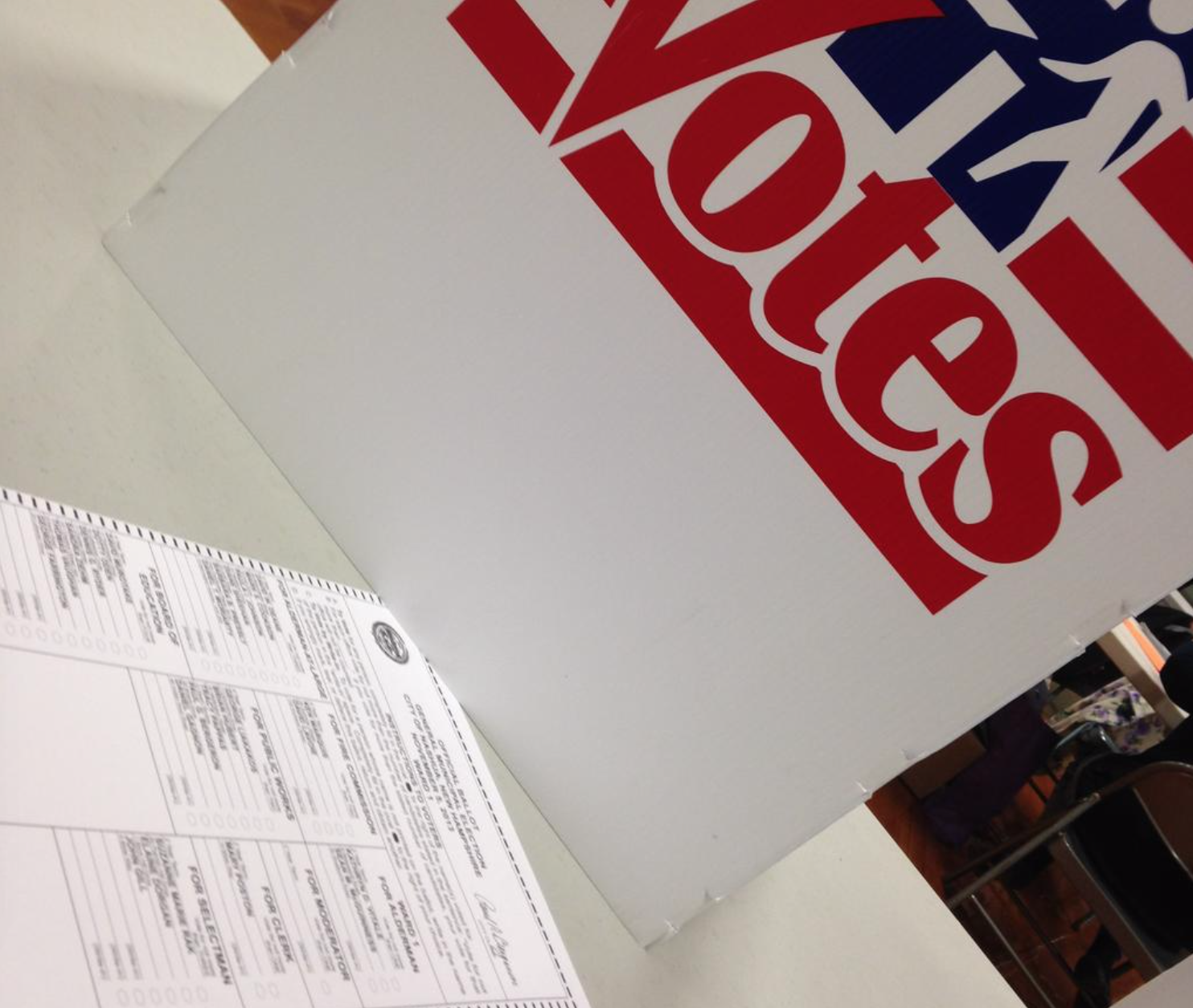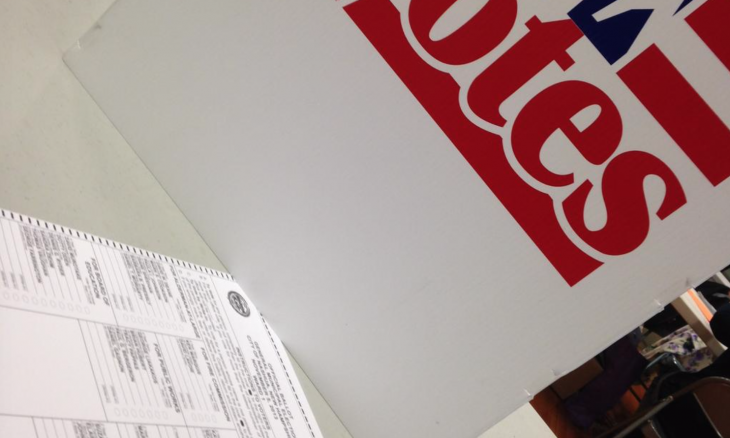Your Right to Vote

The right to vote in a fair and free election is the most basic civil right and one on which many other rights of the American people depend.
Voting rights and privileges in the United States have been an issue since the country’s founding. The right to vote—and who may exercise it—has changed over the course of American history. At the start of the colonial era, the right to vote was limited to freeholders, men in possession of title to real property “in fee simple,“ without encumbrances, conditions, or limitations. Seventy-five percent of men in most colonies qualified as freeholders. But this group fell far short of a majority of the people then living in the English colonies that were to become states.
After subtracting everyone under the age of 21, all slaves and women, most Jews and Catholics, as well as men too poor to be freeholders, the electorate was perhaps 10 to 20 percent of the total population.
After independence, about half of the states began to reform their voting procedures. The freehold requirement was abandoned in favor of granting all taxpaying, free, adult males the right to vote. Since few men escaped paying some sort of taxes, the right to vote expanded. By the time of the Civil War, nearly a hundred years later, most states had replaced the freehold and other property requirements with the universal rights of white males to vote.
In 1865, the 13th Amendment to the U.S. Constitution abolished slavery. Citizenship was granted by the 14th Amendment, and black men were given the vote by the 15th Amendment which was ratified in 1870. But there were some states in the South, still reeling from their loss in the Civil War, that had problems with giving African American men the voting franchise, and they adopted literacy tests for the vote and grandfather clauses that excluded all whose ancestors had not voted in the 1860s, along with other devices to disenfranchise African Americans. Social and economic segregation became a reality. In 1896, the Supreme Court decision in Plessy v. Ferguson established “separate but equal” facilities for the races, and for the next half-century, segregation was upheld.
The 19th Amendment to the U.S. Constitution granted women the right to vote. It was ratified in 1920, but ratification did not ensure full enfranchisement. Voting rights were excluded for many minority women long into the 20th century because of discriminatory state voting laws.
In 1965, Congress was urged by President Lyndon Johnson, to pass legislation to “make it impossible to thwart the 15th Amendment.” The Voting Rights Act of 1965 has been extended in 1970, 1975, and 1982, abolishing all remaining deterrents to exercising the right to vote.
In 2013, the Supreme Court struck down the portion of the Voting Rights Act that involved federal oversight of voting rules in nine states.
In the current day, each state is generally responsible for the administration of its own elections, whether for federal office or state government positions. After the 2020 U.S. presidential election, there were widespread and unparalleled allegations of voter fraud. Forty-three states introduced legislation to update voting laws and 18 states passed them.
Congress has determined it is time to act. In the House of Representatives, the For the People Act, H.R.1 in the 117th Congress, included provisions for automatic voter registration, election modernization, a commitment to restore all of the Voting Rights Act, campaign finance reform, and gerrymandering reform. The House passed the bill on March 3, 2021.
On September 14, 2021, the Senate introduced the Freedom to Vote Act, renamed the John R. Lewis Voting Rights Advancement Act, building on the For the People Act’s provisions. It covered four essential areas: voting rights, election integrity, redistricting, and campaign financing. It requires states to establish a system of voter registration that automatically establishes a person’s right to vote unless they opt out and establishes other voter registration provisions. The Freedom to Vote Act makes it a federal crime for anyone, whether they are a public official or private citizen, to prevent a person from registering to vote.
On October 20, 2021, a yay/nay vote was held in the Senate, and the bill failed to pass. A motion was made to reconsider the vote by which cloture on the motion to proceed was not invoked. Since then compromises have been discussed, including a provision that would limit, but not prohibit, state voter ID requirements. Others in the Senate are seeking to end the filibuster in order for this bill and others to be passed in the current session. However, there is strong opposition in the Senate to this idea.
In the Kingdom of God, there is no inequality. God shows no partiality (Romans 2:11) and believers are reminded that “there is neither Jew nor Greek, there is neither slave nor free, there is no male and female, for you are all one in Christ Jesus” (Galatians 3:28).
How then should we pray?
- For election officials to uphold the laws and regulations of their jurisdictions.
- For state authorities to ensure election integrity and follow the laws of their respective states.
- For candidates to be discerning regarding the election process and be thoughtful regarding any claims of voter fraud.
- For poll workers to provide appropriate assistance and prevent the unlawful influence of those casting their ballots.
- That all who are qualified to vote should be able to do so following the laws applicable to them.
- For members of the Senate as they consider the John R. Lewis Act again during this term.





